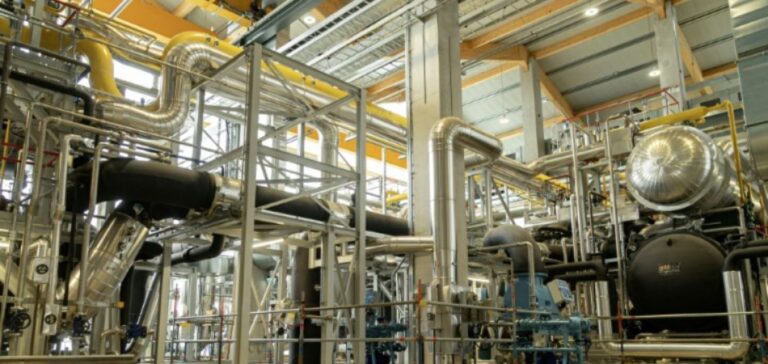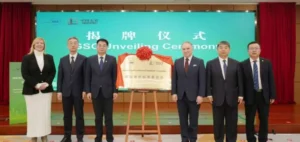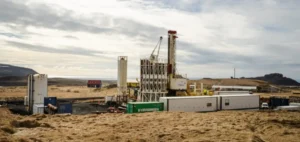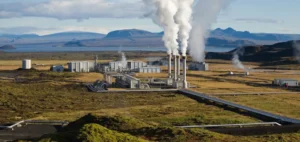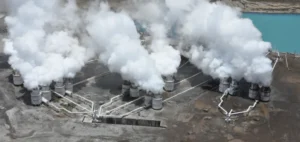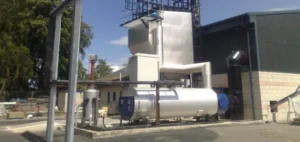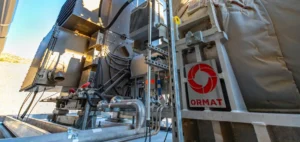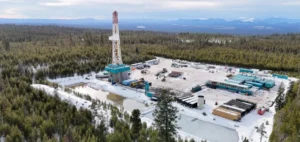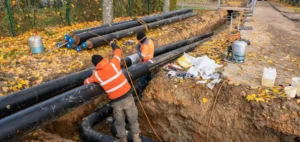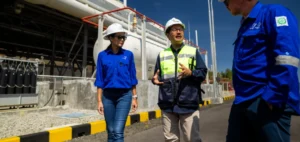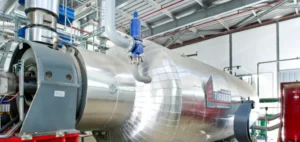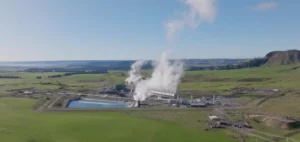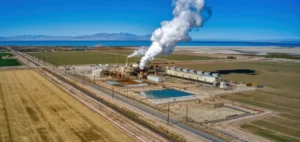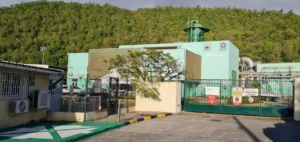In Vienna, a plant uses wastewater to provide heating for around 56,000 households. The system, developed by Wien Energie, comprises three large heat pumps. These pumps harness the heat of wastewater from the nearby wastewater treatment plant. A method that replaces the use of fossil fuels with a local, renewable energy source.
System design and operation
The system captures six degrees Celsius of heat from wastewater, which is then re-injected into the city’s heating network. The 1,300-kilometer network is one of the largest on the continent. Project manager Linda Kirchberger explains that this technology enables efficient energy recovery. The system is designed to be fully operational and environmentally sustainable.
Reducing dependence on Russian gas
This project will enable Vienna to reduce its dependence on natural gas, most of which is imported from Russia. At present, over 40% of the energy used for heating and hot water in Vienna comes from natural gas. The aim is to extend the new system to 112,000 homes by 2027, diversifying the city’s energy supply sources.
European collaboration and technology
Specific equipment for the installation was supplied by a Johnson Controls plant in France. This cooperation illustrates Europe’s interest and ability to innovate in the field of sustainable heating. Other European cities are now watching Vienna, considering similar solutions for harnessing heat from wastewater, considered an abundant and under-utilized resource.
In 2018, the European Union recognized wastewater as a renewable energy source, highlighting the potential of such initiatives in reducing CO2 emissions. The Vienna project is part of a wider effort to combat climate change, by promoting sustainable heating solutions. Analyses by Norwegian company Rystad Energy and comments by experts such as Lars Nitter Havro confirm the importance of these technologies for achieving energy independence and reducing environmental impact.


